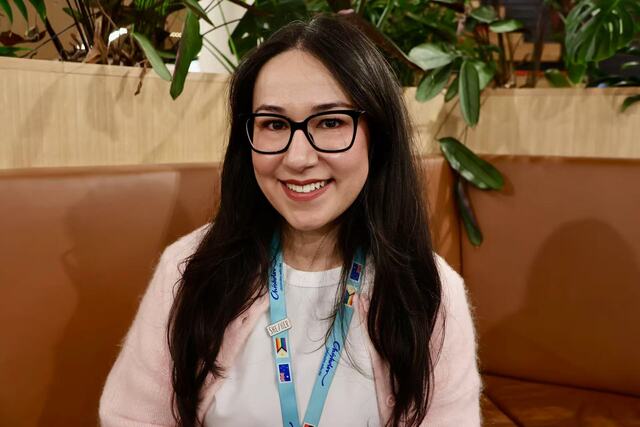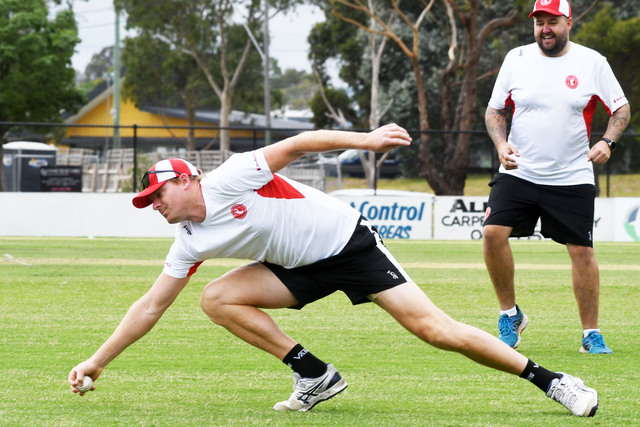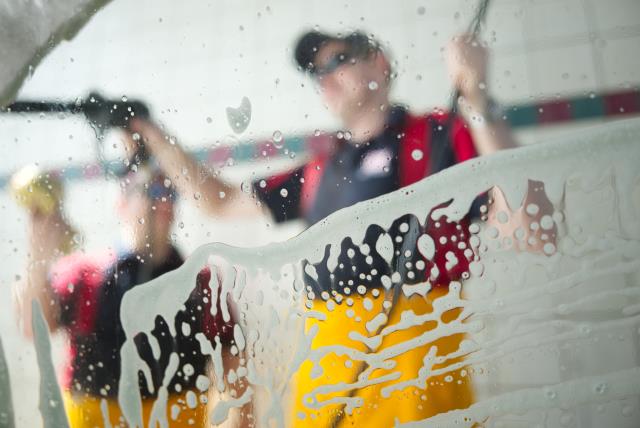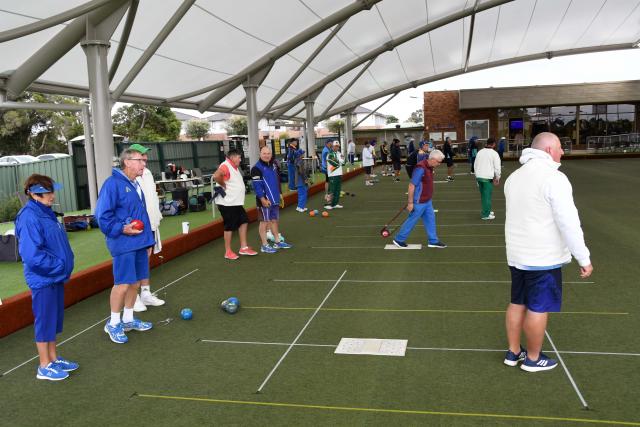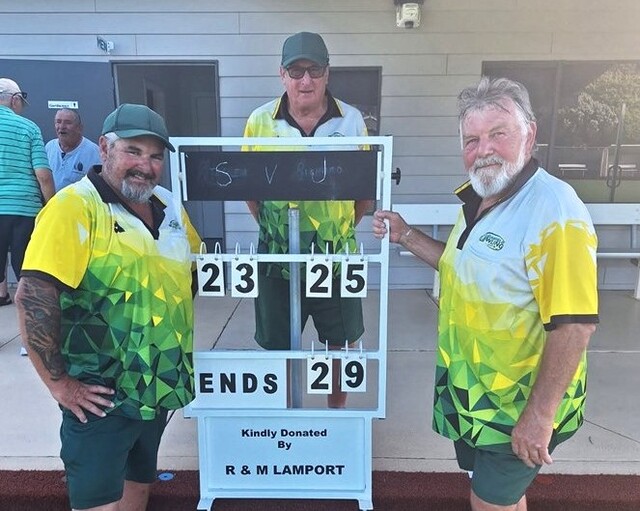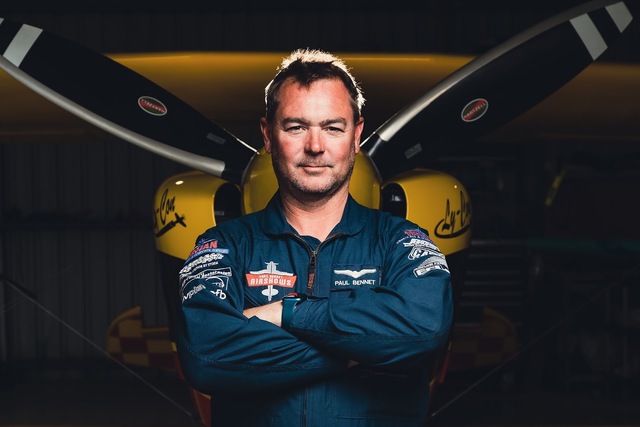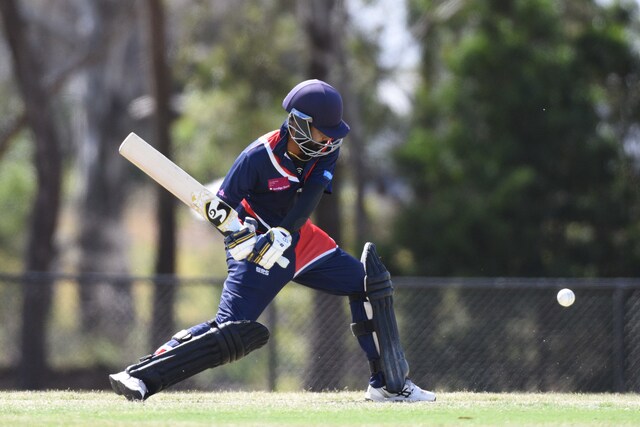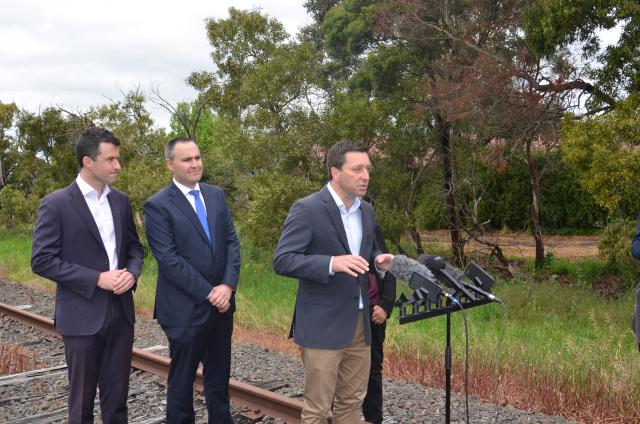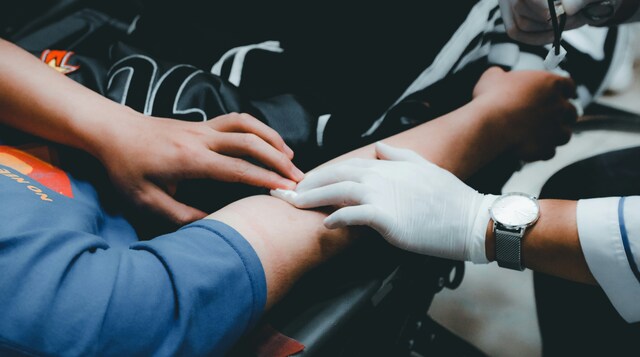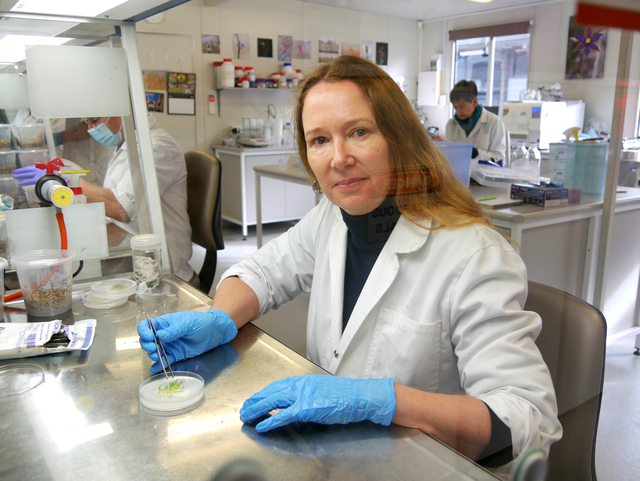From refugee to award-winning educator, a Cranbourne West local has been named Chisholm’s Educator of the Year for 2025 — a powerful recognition of a journey that began in the shadows of war and has led to the heart of the classroom.
When Nelly Mohibi first arrived in Australia, she was a quiet nine-year-old refugee who barely spoke a word of English. Today, she teaches across family violence, gender equity, youth work, mental health and community services, and has just been named Chisholm Educator of the Year.
“I honestly didn’t even expect to be a finalist, let alone receive the recognition of being a winner. I don’t see myself from that lens,” Nelly said.
“It’s really difficult, challenging, and uncomfortable to see myself from the lens of a winner because I think that there’s a lot more growth that I need to do to be able to get there.
“But at the same time, it’s a really good reminder that I’m doing well and I’m being recognised for it. And there’s a lot of privilege and honour in that.”
When Nelly first applied for a teaching role at Chisholm in 2019, she was juggling overnight hospital stays for her infant son’s cancer treatment with teaching shifts during the day.
“Mom and I would do a little bit of a swap shift. She would come and stay with my son during the day, where I was teaching, and then I’d go and stay with him in the hospital at nighttime,” she recalled.
“The first six months of my job were really challenging, really difficult. But again, I was determined.
“I’m like, I’ve got this really great job. It pays well. I’m no longer in poverty. I am thriving.”
She credited her education manager at the time with recognising her potential and helping her grow into the educator she is today. And that potential has since flourished.
Nelly’s path into education wasn’t linear, but every hardship along the way shaped the educator she has become.
Her story began in Afghanistan, where she was born during a time of conflict. Just a month after her birth, her mother fled with her and her sisters across the border into Pakistan, where they lived undocumented as refugees for eight years.
When her father disappeared, Nelly’s mother, a single parent, teacher and outspoken feminist, continued raising her daughters while organising women’s rights rallies. Facing rising threats, the family fled again, eventually securing humanitarian visas to Australia under the Women at Risk program.
“We landed in Melbourne, stayed with the family for a couple of weeks, and then we went into our own home, which the volunteers had organised. I got enrolled in Grade 4,” she recalled.
“Funnily enough, my teacher’s name was Mr Hope. Good name. For the first six months of Grade 4, I just sat in class, not knowing what was going on, because there were no integration programs for refugees back then, and so minimal English.
“I knew how to read and write English, but I didn’t know how to speak.
“I was really determined to do well and also just to make a life for ourselves here. This was our new home.”
Despite skipping Year 6 due to her academic ability, the early years of high school were tough.
“I was 11 at the start of Year 7, and everyone else was 13. So intellectually, I was really smart, but I struggled a lot during my first couple of years of high school,” she said.
“Schooling was a really good opportunity for me to thrive intellectually, but it did create a lot of other barriers in terms of being bullied, being the only Afghan in school during the 911 attacks, so there was a lot of bullying and a lot of harassment, and I had very minimal friends.
“I’m an introvert because of that, and I have a lot of self-doubt as a result of those crucial years of high school.”
At 19, Nelly was forced into an abusive marriage overseas, an experience she now speaks openly about.
What followed was eight years of hard marriage, much of it hidden behind cultural expectations.
“There were a lot of cultural expectations, especially towards women and young girls. Even though I knew that I could say no, it wasn’t something that was openly discussed within my family, so there was a lot of coercion into me agreeing to the relationship and a lot of emotional manipulation,” she said.
Behind closed doors, she endured sustained violence, including sexual abuse. It wasn’t until her son was born that something shifted.
“I decided to leave my marriage when my son was three months old because it just got to the point where it was like a light bulb moment. I didn’t want my son to grow up in a relationship where he sees his mum broken all the time,” Nelly said.
“I don’t want him to grow up seeing that the only example he has is his biological father, who’s behaving really horribly towards women and me.
“I made a really brave step, and I left the relationship.
“Mom very openly accepted me, and I honestly thought I was going to be homeless because I wasn’t sure if my family would disown me.”
Life didn’t get easier. Just as Nelly was rebuilding with a little home business and a part-time job, her son was diagnosed with cancer at about age one.
She had to cut back on everything.
“For a really long time, I couldn’t work. By the time the financial support was approved from Centrelink, it just meant that I was living on hospital food,” she recalled.
“No one knew the true extent of how much I was struggling financially because pride takes over a little, maybe a little bit of ego as well, where you go, I can do this.
“I’m determined. I’m resilient. I’ve been through worse. There were a lot of charities that actually helped me at that time, as well as lots and lots of support through friends and family.”
The moment then came in 2019, when she applied for a teaching role at Chisholm.
Her lived experience — of trauma, survival and resilience — is what informs her teaching.
She is determined to offer students a strong cultural lens, helping those entering community and social services understand the importance of setting aside personal biases, stigma and discrimination, and instead seeing every person through a shared human lens.
“If we all look at life through the same lens, we’re all going to see everyone being the same,” she said.
Nelly teaches with a deep focus on inclusivity, trauma awareness and cultural understanding. Her approach is shaped not only by her past but by the belief that education can be a force for kindness.
“We can be assertive and kind. We can be respectful and kind. We can stand up for our values and still do that in a really kind way. We can stand up for other people, but do that in a kind way, also being kind to yourself,” Nelly said.
“We are not perfect. I don’t stand there and pretend to be an expert. And I will tell students. I have minimal on-the-ground experience when it comes to some of the things that I teach you, so take it with a grain of salt.
“But hopefully, what I’m doing is opening a window to allow more information to come in and opening a window to you being more curious about certain things.”

